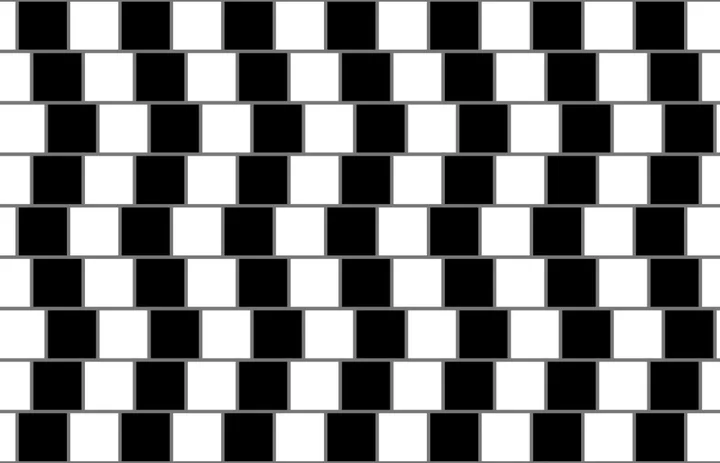“O,
what a world of unseen visions and heard silences, the insubstantial
country of the mind! …And the privacy of it all! A secret theater
of speechless monologue and prevenient counsel…”
— Julian Jaynes, The Origin of Consciousness in the Breakdown of the Bicameral Mind
###
I don’t trust my brain for a moment. Why should I? It lies to me, falsifies memories, gives me the illusion of acting freely, of having a separate “self” apart from the rest of the world. On top of all that, it convinces me that I’m conscious.
Believing in my own consciousness, or awareness, is, to the best of my understanding, my brain’s attempt at staying sane. If I just said, “Oh, this is just my data-processing brain constructing its own awareness because this pseudo-consciousness works, having got me here through countless generations who all believed the same thing,” I’d go nuts. Easier to believe the lie than to accept the reality.
Thing is, the stuff that makes up brains — neuronal matter — is just like the rest of the body, functionally organized to serve survival and reproduction. Nothing magic about it, any more than my liver is magic.
Here’s how neurologist Michael Graziano explains the illusion of self and consciousness: “When an information processing device [the brain] introspects, and on that basis arrives at the conclusion that it has a magical, non-physically-explainable property, the most straightforward scientific question is not: How did it produce magic? But instead: How, and for what use, does it construct that description of itself.”
I think we’re pretty close to building computers that will construct their own awareness, just as the brain does, complete with the same illusions about “self” as we have
There you go again, brain, lying to me! Fibonacci, CC BY-SA 3.0, via Wikimedia Commons
###
“No one is truly free until they realize that free will is an illusion.”
— Baruch Spinoza
Free will is — of course! — a non-starter, despite my brain’s acting as if it were free. Samuel Johnson foreshadowed the science of neurology by a few hundred years, writing, “All theory is against the freedom of the will; all experience is for it.” (The usual test offered for free will is to answer the question, “Could I have acted differently?” in the positive. The problem being, duh, there’s no way of knowing.)
From a physics POV, each of us is made up of some ten to the thirtieth elementary particles, all of which obey deterministic laws of physics (with the very odd random, and therefore unpredictable, quantum “jump”), meaning we’re essentially deterministic: given complete information about us at any one moment, an imaginary computer could calculate what we’re going to say and do the next moment … and the next…
Our brains are machines — complex machines, true — but machines nonetheless. Mostly they’re filters: every second, some 10 million bits of information enter it, yet the output can be estimated in just a few dozen bits per second, the rest of the input having been dumped as inessential or confusing. The rest of it is all about making a consistent view of the world, which is essential to survival. That’s why I think psychedelics can be so overwhelming, removing (some of) the filters — information then floods in — seemingly so much more real than William James’ “rational waking consciousness.” (That flood, as I and, probably you, know, can lead both to ecstasies and bad trips.)
I could go on. And on. Better to remind myself, as Stuart Sutherland wrote in The International Dictionary of Psychology, “Consciousness is a fascinating but elusive phenomenon … Nothing worth reading has been written about it.”

CLICK TO MANAGE